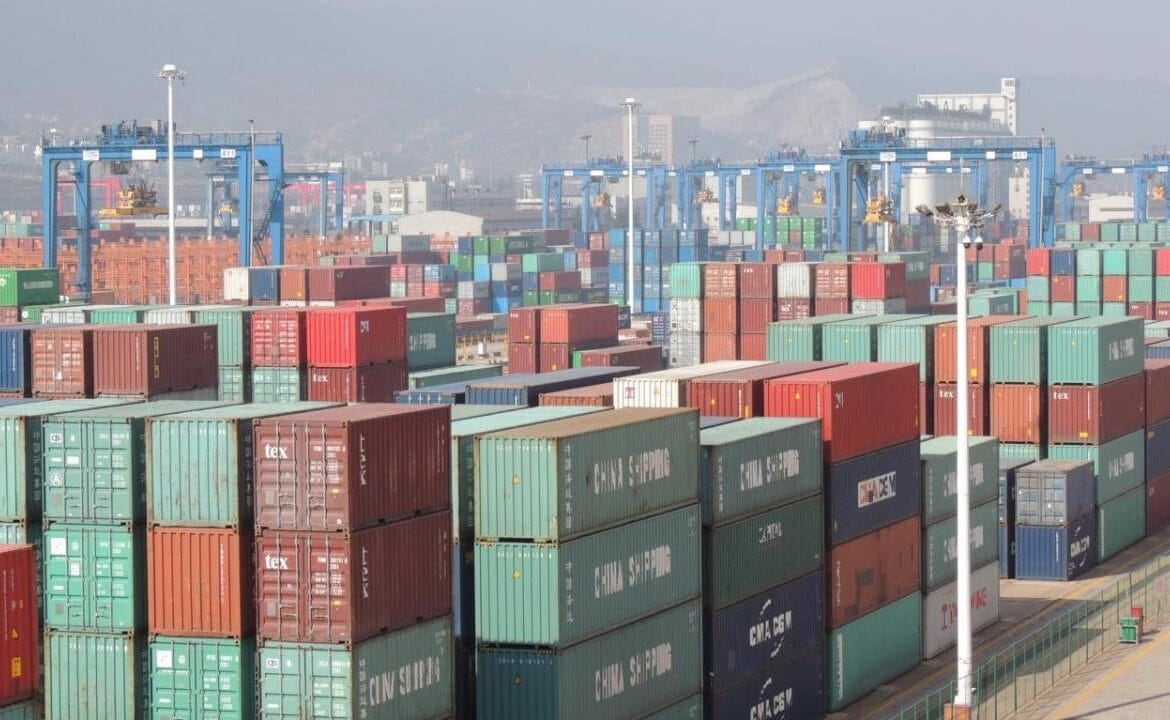
Vietnam Tightens Rules on Origin Certificates – What It Means for Chinese Exporters
In response to growing concerns about false declarations of product origin, Vietnam’s Ministry of Industry and Trade (MOIT) has taken a significant step: tightening the scrutiny on imported raw materials and enforcing stricter origin tracing policies. The new directive, Document No. 2515/BCT-XNK, is already having ripple effects on Chinese manufacturers and logistics providers relying on Vietnam as a transshipment hub.
The Case That Sparked Attention
On April 18, a businesswoman in Shenzhen reported that her company’s regular shipment of semi-finished goods to their Vietnam factory had been intercepted and returned by Vietnamese customs. Despite having all the usual documentation in order, the goods could not pass through.
Her frustration was echoed by many in the industry: “This is ridiculous. We’ve never had an issue before.” But under the new rules, documentation alone may no longer be enough. Vietnam now demands transparent and verifiable sourcing of raw materials, pushing companies to prove the full origin trail of the goods.
Why Vietnam Is Cracking Down
Vietnam’s move isn’t without reason. Over the past few years, amid escalating U.S.-China trade tensions, many Chinese exporters have turned to countries like Vietnam to conduct “origin transformation” — shipping Chinese goods through Vietnam to relabel them and bypass U.S. tariffs.
However, with increasing global scrutiny and pressure from trade partners, Vietnam is working to protect its trade credibility. Strengthening its origin regulations helps the country:
- Avoid being blacklisted or penalized in international trade
- Maintain preferential access to markets like the U.S. and EU
- Promote fair trade and discourage unethical trade practices
Impacts on Chinese Exporters
For exporters who use Vietnam as a logistics or value-added stop, this change presents several challenges:
- Delays: Goods may be held or returned if origin documents are incomplete or inconsistent.
- Higher Compliance Costs: More paperwork, supplier audits, and tighter quality controls are now necessary.
- Legal Risks: Falsifying origin may lead to severe penalties, including cargo confiscation and legal prosecution.
What Should You Do?
If your business is shipping goods to or through Vietnam, here’s what we suggest:
- Review all documentation: Ensure consistency between shipping documents, origin certificates, and contracts.
- Trace your supply chain: Keep full records of raw materials and production steps to validate origin claims.
- Work with trusted logistics partners: Experienced freight forwarders can help navigate evolving customs regulations.
Final Thoughts
Vietnam’s stricter enforcement of origin rules is a clear message: the global trade environment is changing, and exporters must adapt quickly. For Chinese manufacturers and freight forwarders, this is both a challenge and a wake-up call — compliance is no longer optional.
Need support with compliant freight solutions from China to Vietnam and beyond?
Contact Zcyt Logistics today – we help simplify your global trade routes while staying ahead of regulatory shifts.
